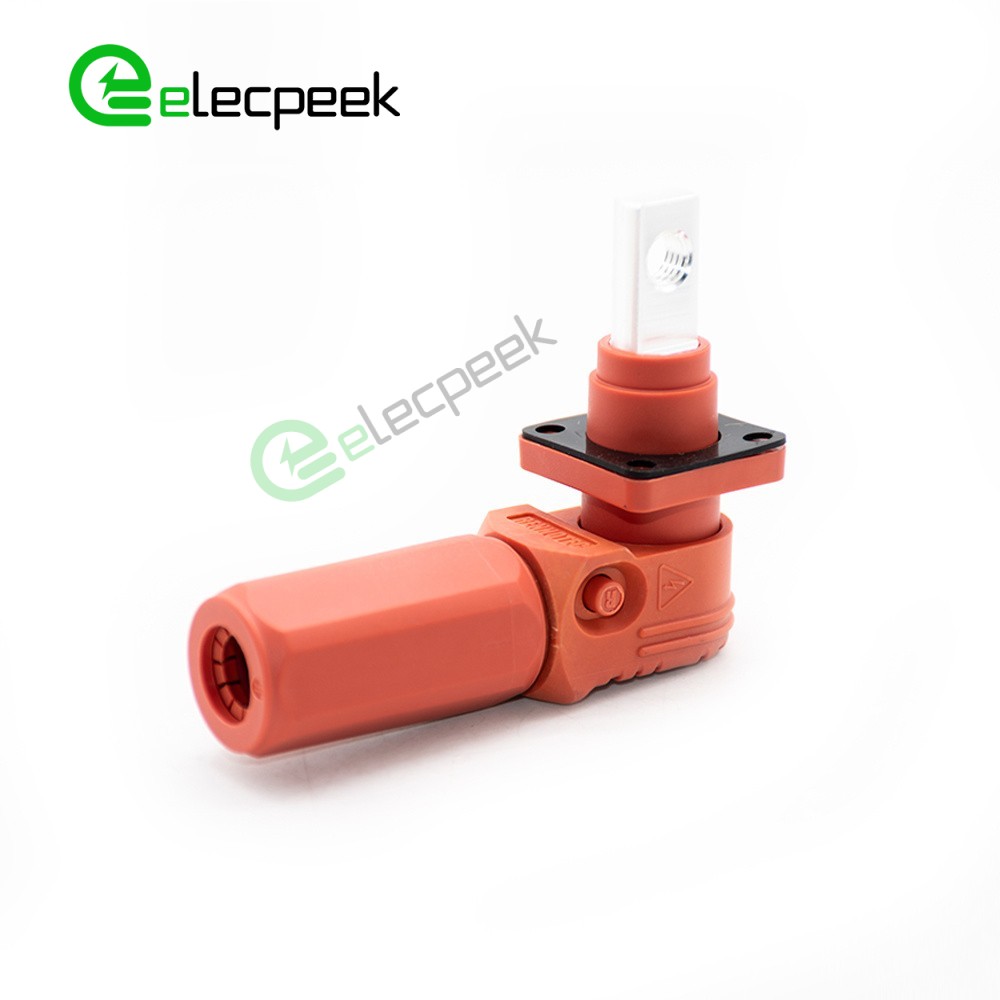Battery storage connectors are essential components in energy storage systems, enabling the transfer of energy between the battery and other components, such as inverters or chargers. They play a crucial role in ensuring the safe and efficient operation of energy storage systems, and as the market for energy storage continues to grow, so does the demand for high-quality battery storage connectors.

Battery storage connectors come in various types, including plugs, sockets, terminals, and cables. Each type has its own advantages and disadvantages depending on the application. For example, plugs and sockets are ideal for connecting batteries to other components of the system, while terminals are commonly used for connecting batteries in series or parallel configurations.
One significant advantage of battery storage connectors is their flexibility and scalability. Energy storage systems can be designed and built to meet specific requirements, and battery storage connectors play a critical role in enabling this flexibility and scalability. Connectors allow for the easy addition or removal of batteries or other components, allowing the system to be modified or expanded as needed.
Another advantage of battery storage connectors is their compatibility with various battery chemistries and types. Connectors can be designed to work with different battery chemistries, such as lead-acid, lithium-ion, or flow batteries. This flexibility is essential because different battery chemistries have different characteristics and require different charging and discharging parameters.
Battery storage connectors also play a crucial role in ensuring the safety of energy storage systems. They must be designed and installed correctly to prevent overheating, short circuits, or other safety hazards. It's essential to consult with a qualified electrician or engineer when selecting and installing battery storage connectors to ensure that the system operates safely and reliably.
The market for battery storage connectors is growing rapidly as more people adopt energy storage systems for their homes and businesses. According to a recent report, the global battery storage market is expected to reach $13.13 billion by 2025, with a compound annual growth rate of 32.8%. This growth is driven by increasing demand for renewable energy sources, government incentives, and technological advancements in battery technology.
In conclusion, battery storage connectors are essential components in energy storage systems, enabling flexibility, scalability, and compatibility with various battery types and chemistries. They play a critical role in ensuring the safe and efficient operation of energy storage systems, and as the market for energy storage continues to grow, so does the demand for high-quality battery storage connectors. By understanding the different types of connectors available and their respective advantages and disadvantages, consumers can make informed decisions when selecting connectors for their energy storage systems.














